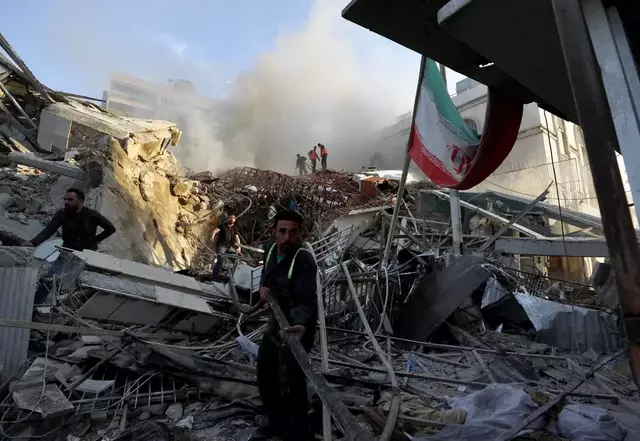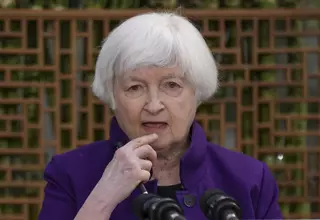Peaking and Creaking: Australia's Summer Set to Bring New Power Supply Squeeze
Singapore. Australia faces another electricity supply squeeze towards the end of the year, with wholesale power prices already soaring in the latest sign that the country's creaking power infrastructure is struggling to keep up with peak summer demand.
In the latest red flag that the country's upcoming hot season could see a repeat of last year's supply shortages, wholesale power prices for South Australia for baseload (24 hours) delivery in December have shot up to A$130 ($103.91) per megawatt-hour (MWh), nearly a third above their current level.
Traders say those high prices mean the market expects to feel the pinch of a supply squeeze towards 2018.
"If prices are already so high without the presence of a heatwave or an unexpected power plant shutdown, that indicates a supply squeeze is already being priced in," said one Australian power trader, declining to be named as he was not authorized to speak about market trends.
"Once consumption soars amid a real heatwave, production will struggle to keep up," the trader said. "We could see a repeat of last summer: prices spike and the lights go off."
The concern is shared by Australia's energy market operator, which warned earlier this month the country faces more blackouts over the coming southern hemisphere summer.
Traders said that South Australia is particularly prone to price spikes and supply squeezes.
"Volatility is always much more prevalent in South Australia because they get most of the extreme heat due to the...northerly winds blowing in from central Australia," said Andrew Koscharsky, Director of Energy with commodity trading house RCMA Group.
"Adding to all of this is the reliance on renewables ... especially wind farms, which are more set up to catch the southerly winds, rather than the northerly winds in summer."
This summer's weather forecasts will do little to lighten the mood.
Thomson Reuters meteorologist Georg Mueller said this week that Australian "temperatures will be slightly above normal in most areas" between September and December.
That is adding fuel to the flames of a heated political debate in Australia. Despite its wealth, thanks in part to some of the world's biggest natural gas and coal reserves, the country struggles to find enough fuel for its own power stations, triggering demands to force companies to hold back some fuels for the domestic market.
Australia's wholesale power prices are also prohibitively expensive for any energy-intensive industry, like aluminium smelters or industrial manufacturers.
The average first quarter baseload power price of these three provinces is A$128 per MWh ($102.32).
That compares with $60 per MWh in Singapore, where all the fuel has to be imported, including on tankers as liquefied natural gas (LNG) from Australia, or $50 per MWh in fuel importing Germany.
Reuters
Tags: Keywords:POPULAR READS
Yellen Says Iran's Actions Could Cause Global 'Economic Spillovers'
Iran's missile attack on Israel early Sunday came in response to what it says was an Israeli strike on Iran's consulate in Syria.Takeaways from Prabowo's Responses to Legal Motion Contesting His Election Win
Part of the argument addresses the claim that the candidacy of Gibran Rakabuming Raka, Prabowo’s running mate, is unlawful.Prabowo Camp Cites ‘Procedural Error’ in Legal Challenge by Rival Candidates
The Constitutional Court's main task is to address alleged discrepancies in vote tallies, which neither of the plaintiffs challenged.Apple Wants to Increase Investments in Vietnam
Vietnam has become more important to Apple as the company seeks to diversify its supply chains away from China.China’s Top Diplomat Wang Yi to Visit Indonesia for Cooperation Talks
Chinese top diplomat Wang Yi will chair a policy coordination meeting aimed at strengthening Indonesia-China cooperation.Popular Tag
Most Popular






















